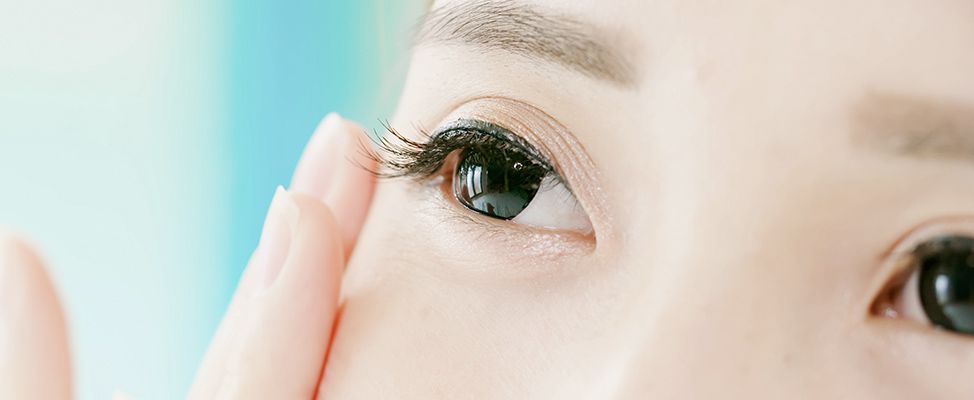Grand Eye Care Blog
Learn more about optometry care in our blog!

Myopia is a vision condition where close objects appear clear while those far away seem blurry. Recognizing the causes and effects of myopia is vital, as it is a globally increasing eye disorder.
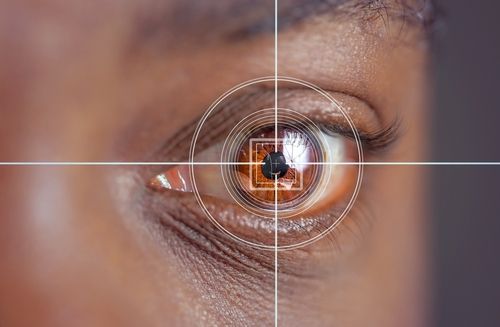
Myopia entails a refractive error that bends light entering the eye, making distant objects appear blurry while close ones remain clear. Although myopia is often hereditary and manifests in childhood, rapidly changing lifestyles and screen exposure have escalated its prevalence.
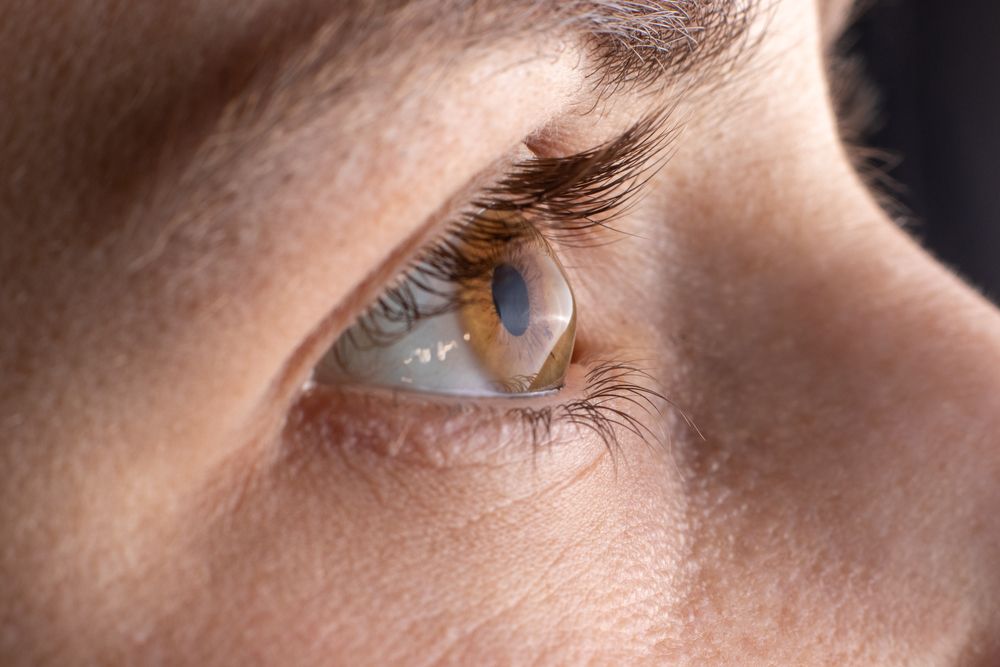
Keratoconus is an eye condition where the cornea thins and gradually bulges outward into a cone shape. It's a condition that can significantly hinder a person's quality of life.

Dry eye syndrome is more than just a minor annoyance. It’s a serious condition that can significantly impact a person's quality of life. It can make it difficult to perform everyday tasks, such as reading, driving, and using a computer, and it can cause considerable discomfort and distress.

When it comes to correcting vision, contact lenses are a popular alternative to glasses. They provide a more natural field of vision and do not fog up or get splattered in the rain.
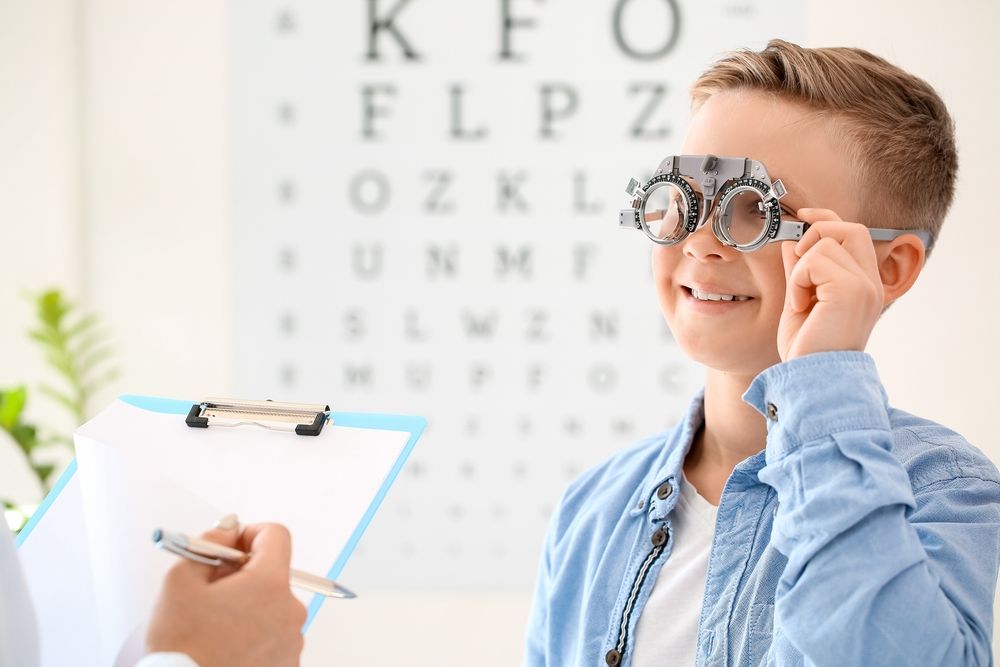
Understanding myopia in children is crucial as it helps you identify the problem early enough and seek medical attention. Myopia usually develops between six and fourteen years.
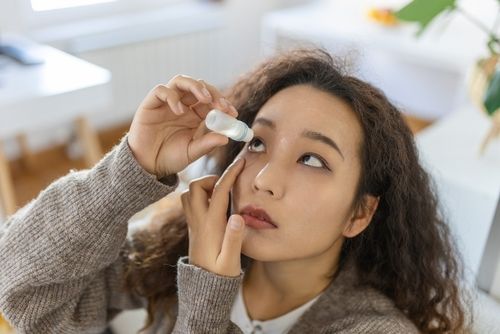
Dry eye affects millions of people worldwide. It happens when your eyes produce too few tears or when those tears dry up too quickly. This can hurt your eyes and blur your vision. Dry eye is prevalent. A study found that 5%–50% of people worldwide have it, including 16.4 million in the U.S. alone.

Your ability to conduct daily tasks may suffer due to your eyesight steadily deteriorating with age. People with low vision cannot correct their eyesight using eyeglasses, contact lenses, medicine, or surgery.

Myopia or nearsightedness affects close to 2.5 billion people worldwide. Briefly, myopia is a refractive error that affects the ability to see distant objects clearly, while those nearby appear sharp.

Myopia or nearsightedness affects millions of people worldwide. It develops when the eyeball is very long or if the cornea is too curved.


